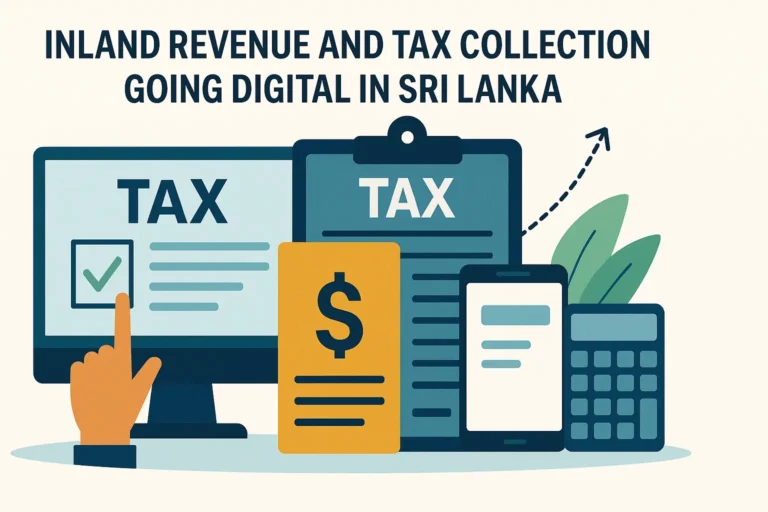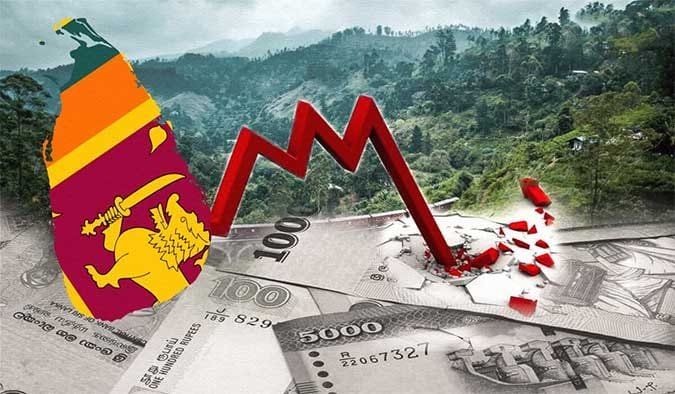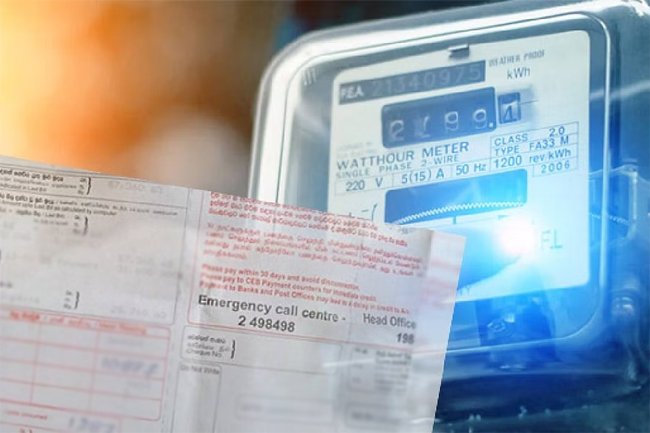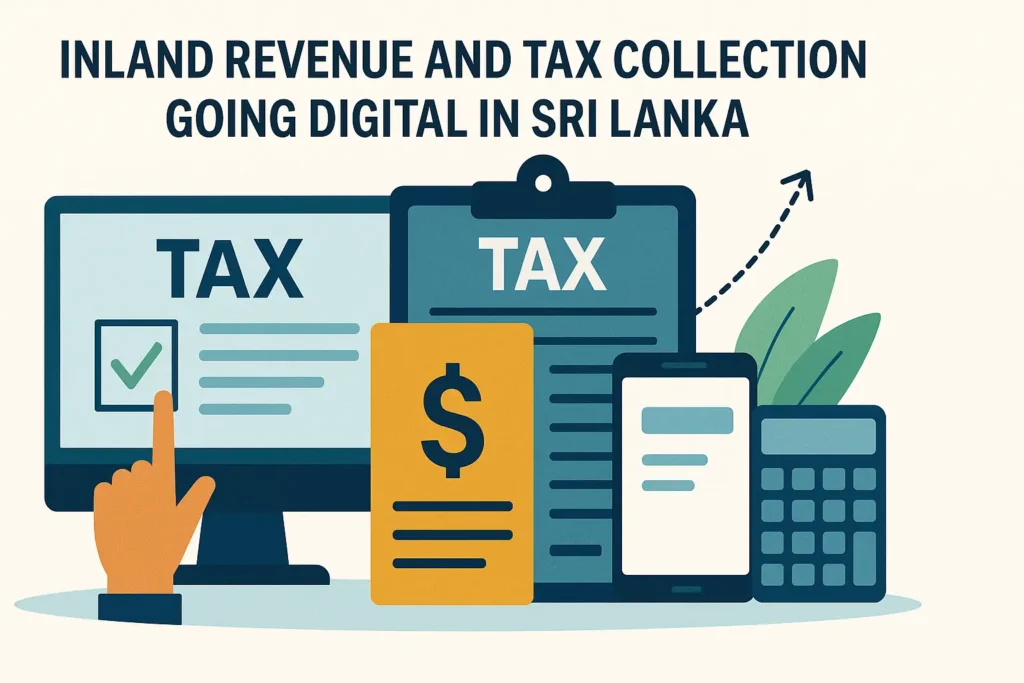In recent months, Sri Lanka has been navigating through one of the most challenging periods in its economic history. With inflation soaring, the currency weakening, and foreign reserves dwindling, the country found itself on the brink of collapse. Amid this crisis, President Ranil Wickremesinghe took decisive action by seeking assistance from the International Monetary Fund (IMF). This move, while met with resistance from some quarters, has been pivotal in stabilizing the economy.
The Complexity of IMF Negotiations

The process of securing an IMF bailout is neither simple nor quick. It involves rigorous analysis, tough negotiations, and a commitment to implementing often-painful reforms. The IMF’s conditions are designed to restore economic stability and ensure that the borrowing country can manage its finances sustainably. For Sri Lanka, this meant agreeing to fiscal tightening, increasing taxes, reducing subsidies, and restructuring debt – measures that are never popular but are necessary for long-term recovery.
President Wickremesinghe recognized the importance of these reforms and took the bold step of implementing them, despite the potential for political backlash. His leadership has been instrumental in navigating the complexities of the IMF agreement, understanding that renegotiating the terms would be a highly complex and potentially unsuccessful process.
The Risks of Renegotiation
There has been some political rhetoric suggesting that Sri Lanka should renegotiate its agreement with the IMF or seek alternative sources of financial support. However, those who advocate for this approach may not fully grasp the intricacies involved. The IMF’s terms are based on a thorough understanding of Sri Lanka’s economic situation, and any attempt to renegotiate could lead to significant delays in the disbursement of funds.
Moreover, renegotiation could undermine the progress that has already been made. It would signal to international investors and creditors that Sri Lanka is uncertain about its commitment to economic reform, potentially leading to further downgrades by credit rating agencies. This would only make it more difficult for the country to access much-needed capital in the future.
President Wickremesinghe has been clear in his approach: the focus must be on sticking to the agreed-upon reforms and ensuring that Sri Lanka emerges from this crisis with a stronger, more resilient economy.
The Work Done So Far
Despite the immense challenges, there are signs that President Wickremesinghe’s strategy is beginning to bear fruit. Inflation, while still high, is showing signs of stabilizing. The Sri Lankan rupee has regained some of its value, and the country has managed to avoid defaulting on its debts. These are early indicators that the IMF program is working and that the tough decisions made by the President were the right ones.
It’s important to remember that the reforms required by the IMF are not just about short-term fixes; they are about laying the foundation for long-term stability and growth. The process will take time, and there will be more difficult decisions ahead. But with steady leadership and a clear commitment to reform, Sri Lanka has a path forward.
The Path Ahead
As Sri Lanka continues to recover, it is crucial that the government remains committed to the IMF’s reform agenda. While the initial measures have been tough, the long-term benefits of economic stability and growth will be well worth the sacrifices made today. President Wickremesinghe’s leadership has been critical in guiding the country through this challenging period, and his commitment to the IMF program is a clear indication that Sri Lanka is serious about getting its economy back on track.
In conclusion, renegotiating with the IMF is not a straightforward or risk-free option. It is a highly complex process that could jeopardize the progress made so far. President Wickremesinghe’s approach, while difficult, is the right one for Sri Lanka’s long-term recovery. By staying the course and implementing the necessary reforms, Sri Lanka has the opportunity to emerge from this crisis stronger and more resilient.
The work done by President Wickremesinghe and his administration in partnership with the IMF is a testament to the power of decisive leadership in the face of adversity. As the country moves forward, it is essential that this commitment to reform continues, ensuring a stable and prosperous future for all Sri Lankans.












